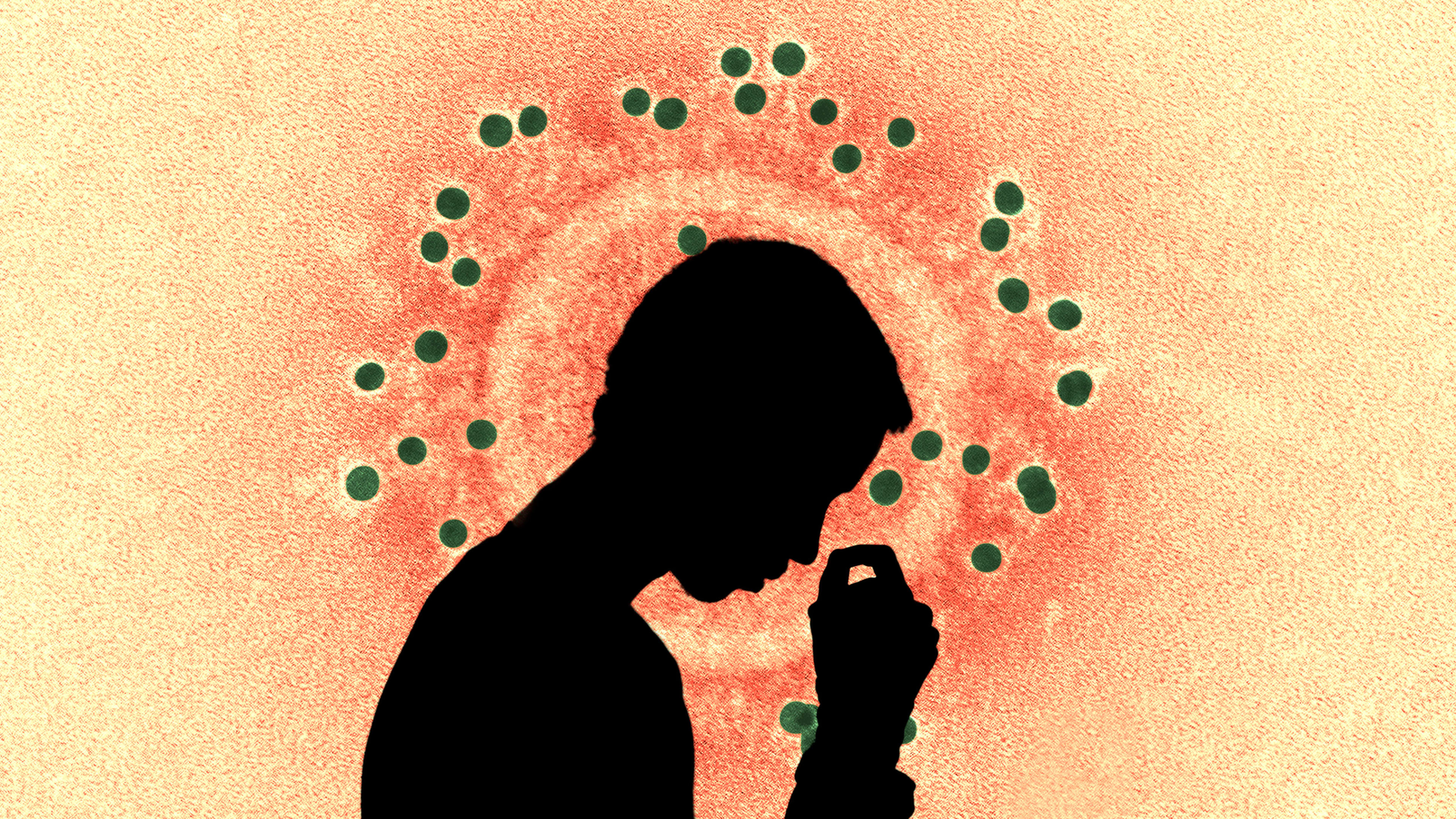Researchers are setting off alarms about the mental health crisis quietly sweeping the nation alongside COVID-19, in a new report in JAMA Internal Medicine. The authors say to expect an “overflow of mental illness that will inevitably emerge from this pandemic,” and that the surge will itself be a pandemic.
Large-scale disasters, ranging from the SARS epidemics to the World Trade Center attacks to hurricanes to oil spills, “are almost always accompanied by increases in depression, post-traumatic stress disorder, substance abuse, a broad range of other mental and behavioral disorders, domestic violence, and child abuse,” write the authors.
The numbers are huge. After Hurricane Ike and the 9/11 attacks, 5% to 10% of the local populations suffered major depressive disorders in the month after the incidents. A quarter of New Yorkers reported upped alcohol consumption after the attacks. Multiply those rates across 330 millions Americans, and the mental health system is woefully unprepared to handle the surge.
The researchers expect “substantial increases in anxiety, depression, substance use, loneliness, and domestic violence.” Based on available literature, the researchers suggest a few actions, including:
- Outreach. Regular contacts with high-risk people including the elderly, undocumented immigrants and those with mental health challenges. “Even small signs that someone cares could make a difference in the early stages of social isolation.”
- Online and on-phone activities. Group activities like exercise, worship, and virtual workspaces. Video or voice is better than email or text.
- Buddy systems. Connecting with buddies to maintain social contact.
- Tele-therapy. Medicare and many insurances have expanded coverage to include virtual visits with psychologists and social workers. Translation: You can probably have a therapy appointment—soon! At home!
The report notes that the system is unprepared and unlikely to be able to scale during the crisis, to the point that “communities and organizations could consider training nontraditional groups to provide psychological first aid.” You know things are bad when amateurs are being brought in.
In other words, we are mostly on our own for a while. Hang in there. And call someone who needs some phone love.
Recognize your brand’s excellence by applying to this year’s Brands That Matter Awards before the early-rate deadline, May 3.
